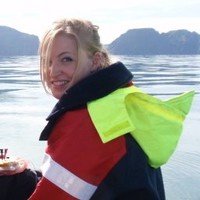
Hannah Wood
@marine__hannah
Nosy about what animals do when they're at sea, particularly like to watch them eat.
ID: 2575406714
18-06-2014 19:56:29
186 Tweet
394 Followers
449 Following
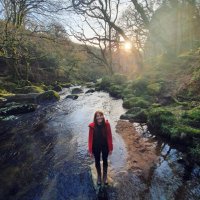
Project funded! This ecstatic nerd is officially teaming up with Plastic Fischer, @TimVanEmmerik Louise Schreyers & Poseidon Data on FLiPPR, where we’ll be combining EO data with top-notch engineering & local efforts to remove #plastic #litter + hyacinth from polluted rivers 🐬👑


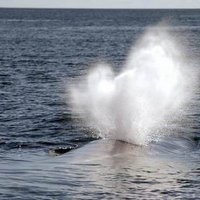
THREAD Are U stressed? Animation by Luis Bedriñana Romano🌳 shows 1 difficult week in the life of 1 #whale. BLUE DOT is 1 whale trying to feed while dodging heavy vessels traffic @ #Ancud Gulf 3/22/19 to 3/29/19 #shipstrikes #whales Paper nature cutt.ly/PkuIspF Alex Zerbini


The wonderful Nicole Smyrniou Barber getting some appreciation 🥰

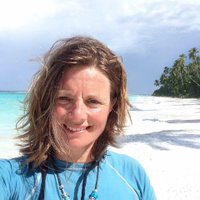
Seabirds - ‘red-footed booby with coral-red legs, rainbow bill & incredibly aggressive’! Next Ocean Matters #podcast with science from Pete Carr ZSL Science ExeterMarine & Nick Graham @LecReefs + conservation from Sarah Havery RSPB... Listen 👉 omny.fm/shows/ocean-ma…




Congrats to Team Smelly-dead-things!! Michael J. Williamson, Rob Deaville, Mariel, Andrew and @TheWetaTheBeta 💀🐬

Had a fantastic first research expedition to the Chagos Archipelago with the best team of scientists! Undertaking long-term monitoring of #coral community composition Ronan Roche Rosie Dowell Dr Margaux Steyaert Hannah Wood Science in action!! 🪸🐠🤿


The amazing Dr Margaux Steyaert has just published a new paper on her incredible #coralreefscience 🥳🪸🦀
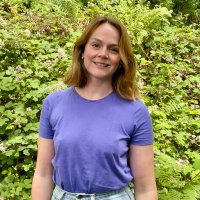
#NewPaper led by Alice Trevail & Hannah Wood out now in Marine Ecology Progress Series (MEPS): doi.org/10.3354/meps14…. Tracking of red-footed boobies across multiple colonies revealed segregation in foraging range, space use, and timing 🗺️⌛️ Let me know if you want a copy of the PDF 💌


Ruth Dunn Alice Trevail Hannah Wood Marine Ecology Progress Series (MEPS) Malcolm Nicoll Rob Freeman ⛴ 🌏 Marine Science 🐠 🐟 ZSL Science ZSLMarine ExeterMarine Uni of Exeter's ESI Heriot-Watt University Red-footed boobies are found in tropical waters around the globe. They travel up to 1500km on a trip to find food (like flying fish) and birds neighbouring colonies tend to avoid one another. Nice work Alice Trevail Hannah Wood et al.

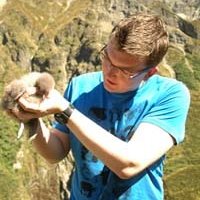
Steve Votier Ruth Dunn Alice Trevail Hannah Wood Marine Ecology Progress Series (MEPS) Malcolm Nicoll ⛴ 🌏 Marine Science 🐠 🐟 ZSL Science ZSLMarine ExeterMarine Uni of Exeter's ESI Heriot-Watt University Another interesting thing we found here is that females left the colony earlier in the day than males & that individuals that undertook a multi-day trips left earlier. Lovely paper, well done Alice Trevail, @Marine_Hannah and everyone else in the team!



Red-footed boobies are great. They don't migrate in the tropical Indian Ocean making them particularly important year-round guano producers to fertilise coral reef ecosystems. They're very bonnie to boot Lyell Centre Hannah Wood Nick Graham Ruth Dunn Rob Freeman

New tropical seabird paper in Marine Biology! Brown boobies use similar habitats and foraging strategies across colonies, seasons and breeding stages link.springer.com/article/10.100… ⛴ 🌏 Marine Science 🐠 🐟 project alongside Sonia Vallocchia Hannah Wood Steve Votier Malcolm Nicoll Rob Freeman


